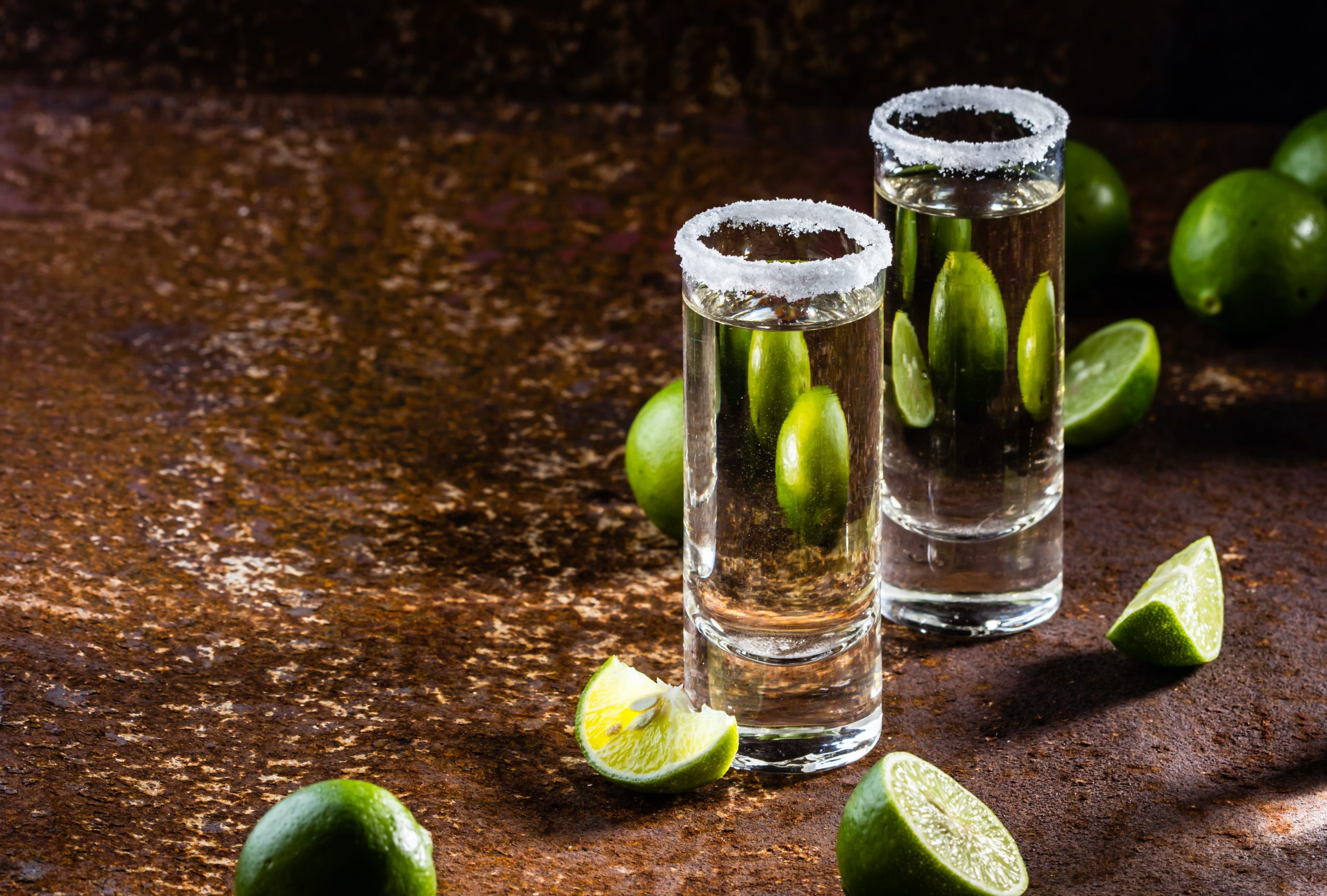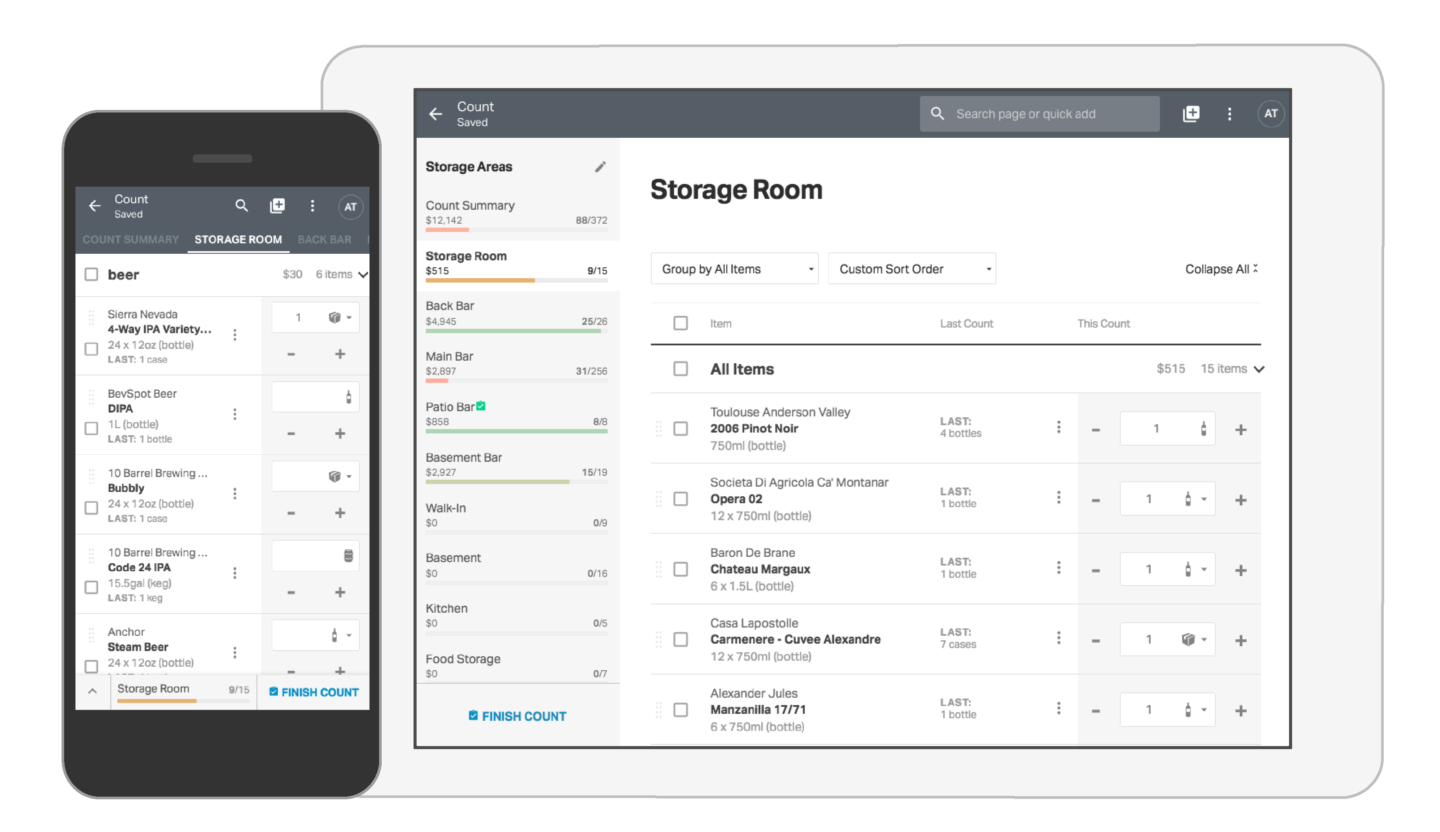


Ryan Lotz of Bar Mezzana recently told us of the problems bars consistently face with significant wasting of water. And that’s not even taking into account the product waste if there is food involved at your establishment (there is only so much leftover food you can serve at a family meal). However, Ryan and other industry professionals we’ve talked to also stress the value of doing everything you can to improve bar sustainability and reduce the effect your bar has on the environment.
BevSpot had the chance to chat with the Green Restaurant Association, a Boston-based and nationally-recognized non-profit organization that has been working with bars and restaurants to educate and enable them in becoming more environmentally responsible.
Here are a few incremental steps they recommended you take for your bar that won’t cost you an arm and a leg.
As previously stated, water waste is a huge problem for bars. While it can seem extremely difficult to completely remove all water waste, there are steps you can take to reduce it significantly.
Installing low-flow GPM aerators to your sinks can help reduce the amount of water used without sacrificing water pressure. You can also see if your building supports recycled water or has a storage area to melt your ice in an ambient temperature at the end of the night.
This is a bit of a no-brainer, but if your bar offers water to its guests you shouldn’t do it with bottled water, says the GRA. Filtered tap water and/or seltzer water should be the exclusive water options. Not only will this significantly reduce the packaging usage of your bar, but also give you more direct control of the amount of water each guest will consume or waste.
An easy go-to method for bars and restaurants to reduce their environmental footprint is recycling. This means having a bin or designated area for employees to place recyclables like plastic/glass bottles, aluminum cans, cardboard and paper.
Some examples of bar materials that could be replaced with recycling-friendly or compost-friendly versions, in order to optimize your program, are drink stirrers and straws. Beverage napkins that are 100% recycled, contain post-consumer recycled material, and are processed chlorine-free were also recommended by the GRA.
Installing a composting program can also radically decrease your environmental impact, especially if your bar serves food. With the sheer amount of food waste your bar or restaurant can generate on a nightly basis, a compost program will make sure you don’t have to watch it all go to a landfill in garbage bags.
If you’re building up a new bar or looking to tweak your current design, there are steps you can take to make the bar even more environmental-friendly. Energy-efficient bars should be looking into installing Energy Star-qualified undercounter refrigerators and LED lighting. You can also incorporate reusable coasters and chalkboard menus into the bar to boost sustainability.
One area of bar sustainability the GRA pointed out to us as often overlooked—especially if you are starting or redesigning a bar—is the decor. You might be surprised by how much of your bar could be fleshed out with reused or reclaimed/salvaged material without sacrificing the desired theme or atmosphere.
There are plenty of places in your bar program you can be sustainable in, as well. Looking into organic-certified alcohol and biodynamic-produced wine selections for your bar might be worthwhile if you’re looking to go above and beyond in decreasing your environmental footprint. You definitely might have some understandable reservations about boxing yourself into these selections, but they can be great selections to add depending on the concept of your bar or restaurant.
Another aspect of your beverage program you can add organic items to is your garnishes. It might cost a little extra to invest in organic lemons and limes, but it can make an often-underestimated improvement to your establishment’s ecological footprint. It can also be an interesting conversation starter for your bar staff.
These are just some of the steps the Green Restaurant Association recommends to bars and restaurants. If you’re interested, see what you can do to get their coveted Green Restaurant Certification.
For more info on bar management, keep it right here at the BevSpot Blog and subscribe below. And feel free to leave your own cost-effective tricks for making your bar more sustainable in the comments section.

Schedule 15mins to chat with a product specialist
Start a FREE Trial Today! BevSpot offers full product education and account setup for all customers! No card Information needed!
